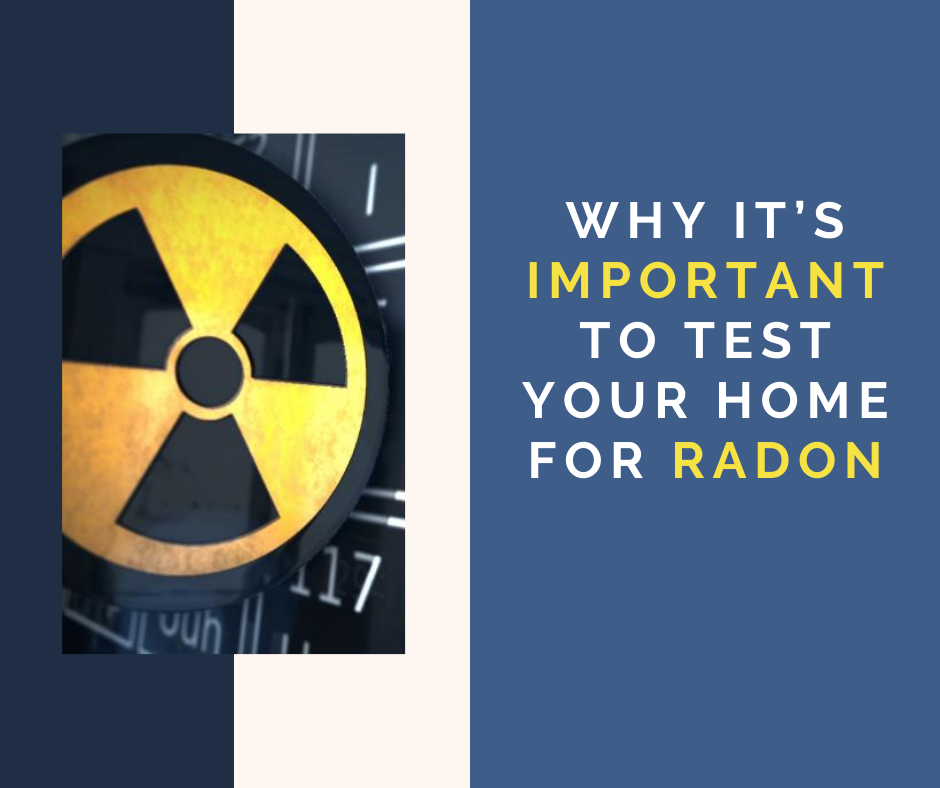A complete inspection with a written report designed to inform and
educate a buyer about the overall condition of the home.
Why It’s Important to Test Your Home for Radon
 Radon is a toxic gas that can be found in any house, old or new. It can enter your Colorado home through leaks in your foundation or porous building materials. Unfortunately, radon cannot be seen or smelled. Because of this, most homeowners aren’t even aware of the presence of radon in their home.
Radon is a toxic gas that can be found in any house, old or new. It can enter your Colorado home through leaks in your foundation or porous building materials. Unfortunately, radon cannot be seen or smelled. Because of this, most homeowners aren’t even aware of the presence of radon in their home.
Testing is the only way to know your level of exposure. This is why the U.S. Environmental Protection Agency recommends that all homes be tested.
Health effects of radon
Inhalation is the primary route of exposure to radon. It attaches to the dust particles in the air and can be inhaled by homeowners. These radioactive particles can get trapped in your lungs; thereby, increasing your risk of lung cancer.
According to the U.S. EPA, radon is the number one cause of lung cancer among non-smokers. It is also thought to cause a significant number of lung cancer deaths among non-smokers, accounting to 20,000 deaths each year. A smoker who is exposed to radon has a much higher risk of developing lung cancer. The lower the radon level in your Colorado home, the lower your family’s risk of lung cancer.
Radon testing
Radon testing can be done in a number of ways. You can purchase a do-it-yourself radon test kit or hire a professional to do the testing. If you are considering buying or selling a house, we recommend going for the second option. Sure, it may cost you more money, but this is the more accurate method of radon testing.
In average Colorado homes, radon levels are about 1.24 pCi/L. If the test reveals radon levels of 4 pCi/L or above, certain steps should be taken to reduce it.
Radon can be present in your house, even if it has been taken care of. As a seller, it is your responsibility to ensure that the testing is done correctly and that the future homebuyers won’t be exposed to high level of radon. If you are a buyer, testing ensures that your family will be safe and protected from this invisible threat.
There is no safe level of Radon exposure. Call Steel Rhino Properties Inspections today to schedule your radon testing.

